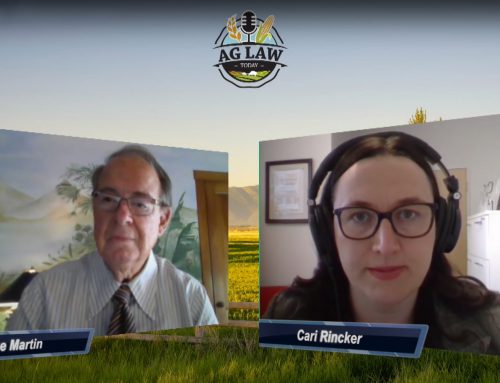The importance of honey bees as pollinators of our country’s food supplies cannot be understated. A special program in Louisiana will see honey bees getting a leg up from another group important to our country: military veterans. A partnership between a USDA Agricultural Research Service (USDA-ARS) lab and the Louisiana Armed Forces Foundation (LaAFF) will soon be teaching the art of beekeeping to interested veterans.
The lab, the Honey Bee Breeding, Genetics and Physiology Laboratory, in Raton Rouge, Louisiana, is hosting a June 25th workshop to introduce beekeeping to veterans. Wanting to give back to the veteran community, a lab researcher explained that their program is for novice and experienced beekeepers alike. The program will teach honey bee biology, bee pests and the pathogens that affect honey bees. Veterans will also get first-person experience with sustainable honey bees that have been developed by the lab, meaning the bee colonies are healthy from the start.
The veterans’ partnerships with the Honey Bee Breeding, Genetics and Physiology Laboratory will also offer the advantage of access to managed honey bees—rather than wild bees—to add to their colonies. The lab has focused on breeding an “elite” strain of honey bees, such as through using bees from Russia to take advantage of such bees’ hardy DNA. Currently, the lab is working on breeding bees with superior resistance to diseases and the pests that can have a negative effect on the honey bees’ health.
The hope is that the efforts will benefit both the veterans and the bees. Beekeeping has a reputation as being a good stress reliever, and veterans can use their new skills to create a business venture. As for benefiting bees, the more beekeepers out there with the knowledge and skill to keep bees and maintain the health of the hive, the better. It’s a win-win for all involved.



